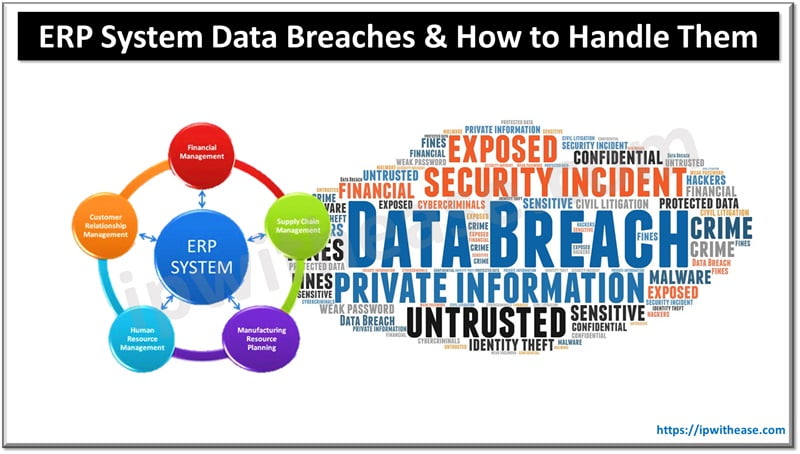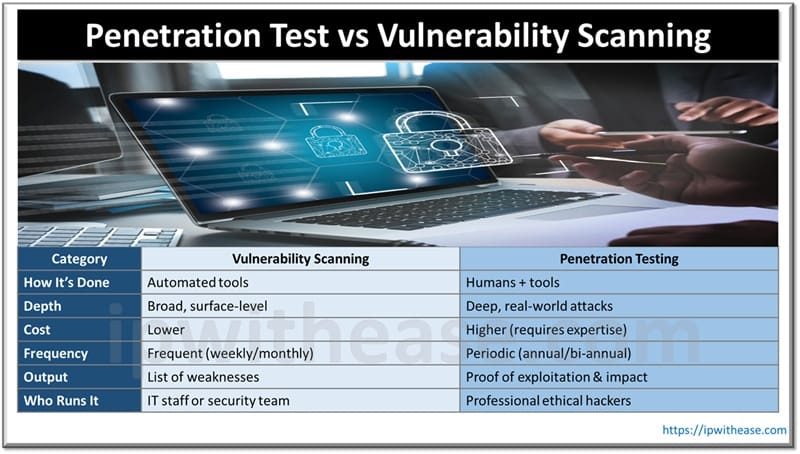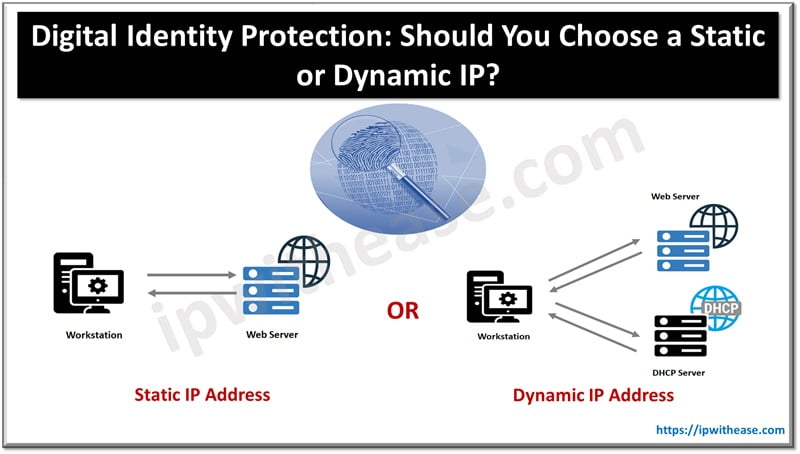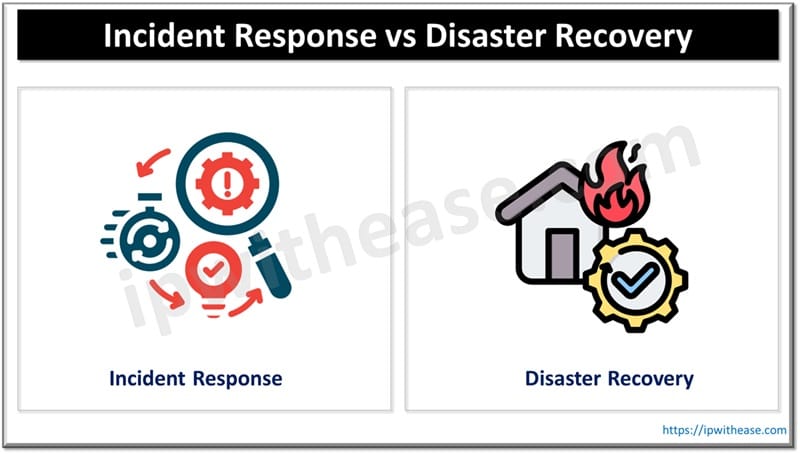Table of Contents
Enterprise Resource Planning (ERP) systems are integral to modern business operations and, by extension, commerce as we know it today. The way that ERPs can streamline data transfers and communications between business units minimizes the siloing of information, which was once such a common feature of large organizations. Critically, they can also automate tedious tasks to free up employees for big-picture activities, enabling meaningful growth and a better maximization of resources in general.
For the businesses that integrate them, ERP suites like SAP Business One are the backbone of daily operations, ensuring the optimal use of resources and the centralization of data across departments. However, it’s this valuable centralization and integration that make ERP systems prime targets for cyberattacks. When an ERP system suffers a data breach, the consequences can affect multiple facets of the business simultaneously because of this integration.

Why Data Breaches on ERPs Are Especially Harmful
- Comprehensive Data Exposure: To facilitate efficient operations, ERP systems need to house vast amounts of sensitive information. Financial records, customer information, and intellectual property are just some of the types of confidential data handled by these systems. A breach can expose all these datasets at once, making them vulnerable to tampering or ransom attacks.
- Operational Disruption: Given that ERPs manage multiple critical business processes, a breach can disrupt operations throughout the whole organization.
- Regulatory Consequences: Data breaches are not always caused by cyberattacks. In almost as many instances, they are caused by negligence within an organization. The failure to enact protocols to prevent or mitigate data breaches may result in non-compliance with existing regulations, leading to hefty fines and legal ramifications.
- Reputational Damage: Regardless of the ultimate cause, a data breach can erode customer and partner trust, harming the company’s long-term relationships and hindering its growth.
- Financial Losses: The fines, lost income, and other costs associated with a data breach can add up and be a major distraction from core business activities.
Related: Need for ERP System in Various Industries
Ways to Handle ERP System Data Breaches
1. Immediate Detection and Isolation
Once a breach is detected, the affected systems must be immediately siloed to prevent unauthorized access to other parts of the ERP. This presupposes that a breach is detected shortly after it happens, which may not be the case. For that reason, organizations employing ERPs must constantly improve their ability to detect breaches before they necessitate a complete shutdown of the system.
2. Write an Incident Response Playbook
Unfortunately, many organizations fumble their responses to ERP breaches because of organizational inefficiencies. Implementing a standard incident plan that includes roles and procedures to be followed by all stakeholders is, therefore, necessary for effective early response. This plan must also be continually iterated according to changes in the wider cybersecurity environment.
3. Conduct a Forensic Investigation
After the incident, conduct a thorough forensic investigation to understand the breach’s scope, cause, and ultimate business impact. Investigators must look for areas where the organization could have done better, taking care to avoid unhelpful scapegoating.
4. Perform Proper Notification and Communication to Stakeholders
Breaches may have to be communicated to the proper authorities as well as the parties that were directly affected. The steps being undertaken to rectify the breach must be emphasized to maintain trust in the business.
5. Patch Vulnerabilities
The technology and human vulnerabilities that made the breach possible must be addressed as soon as they’re confirmed. This may involve updating software and deploying additional security measures but also basic procedural changes that reduce exposure to potential leaks.
6. Implement Evidence-Based Security Protocols
Implementing less-helpful measures can make navigating the ERP a chore, disincentivizing adherence to security procedures and ironically exposing the business to more data leaks. For instance, password rotations are no longer universally endorsed yet continue to be implemented because they “seem” safe. Rather, businesses must implement proven security protocols, such as multi-factor authentication, encryption, and regular system-wide audits.
7. Data Backup and Recovery
Businesses with ERPs must regularly back up ERP data to prevent total losses of data resulting from events like cyberattacks or hardware failure. Decentralized cloud backups are ideal for these situations since they avoid data losses due to on-site events and can be quickly restored from anywhere if needed.
8. Invest in Continuous Employee Training
Human-targeted attacks and human errors remain the leading preventable causes of ERP data losses. All ERP users must be briefed on cybersecurity best practices and periodically retrained to keep them up to date on the latest threats and interventions.
9. Screen Third-Parties
The security practices of third-party vendors and partners who have access to an ERP also make a major impact on its security posture. Like regular employees, contractors and other third parties who are users of an ERP need to comply with the security standards set for other users. No back doors must be permitted that could allow these parties to access the system without the ERP owner’s consent.
How ERP Security Guarantees Continued Business Growth
According to a Verizon report, over 60% of small businesses close within six months of a significant data breach. Even larger businesses are not immune to the financial and reputational damage caused by these events. So, it’s in every company’s best interest to invest in proper training and software to ensure the data security of their organization.
Proactive, evidence-based planning and continuous vigilance are key to mitigating the impact of data losses and safeguarding customer and business data. More importantly, implementing risk mitigation strategies will help businesses derive more use out of their ERPs, enabling sustained data-driven growth.
ABOUT THE AUTHOR
IPwithease is aimed at sharing knowledge across varied domains like Network, Security, Virtualization, Software, Wireless, etc.



